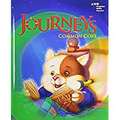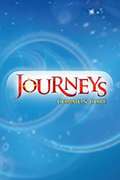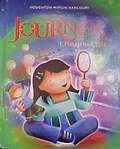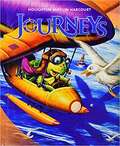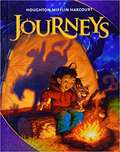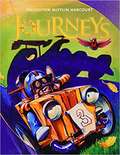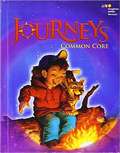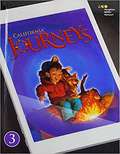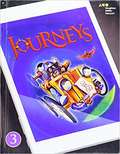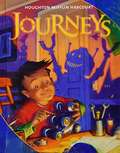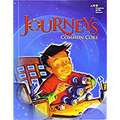- Table View
- List View
Journeys [Grade 1, Volume 1], Common Core
by David J. Chard James F. Baumann Jamal CooksNIMAC-sourced textbook
Journeys [Grade 1, Volume 2], Common Core
by David J. Chard James F. Baumann Jamal CooksNIMAC-sourced textbook
Journeys [Grade 1, Volume 3], Common Core
by David J. Chard James F. Baumann Jamal CooksNIMAC-sourced textbook
Journeys [Grade 1, Volume 4], Common Core
by David J. Chard James F. Baumann Jamal CooksNIMAC-sourced textbook
Journeys [Grade 1, Volume 5], Common Core
by David J. Chard James F. Baumann Jamal CooksNIMAC-sourced textbook
Journeys [Grade 1, Volume 6], Common Core
by David J. Chard James F. Baumann Jamal CooksNIMAC-sourced textbook
Journeys [Grade 2, Volume 1], Common Core
by David J. Chard James F. Baumann Jamal CooksNIMAC-sourced textbook
Journeys [Grade 2, Volume 2], Common Core
by David J. Chard James F. Baumann Jamal CooksNIMAC-sourced textbook
Journeys [Grade 3, Volume 1]
by David J. Chard James F. Baumann Jamal Cooks3rd Grade Literature Textbook
Journeys [Grade 3, Volume 1], Common Core
by David J. Chard James F. Baumann Jamal CooksNIMAC-sourced textbook
Journeys [Grade 3, Volume 2], Common Core
by David J. Chard James F. Baumann Jamal CooksNIMAC-sourced textbook
Journeys [Grade 3], [Volume 1]: Student Edition, 2017 (¡Arriba la Lectura!)
by Irene FountasNIMAC-sourced textbook
Journeys [Grade 4]
by David J. Chard James F. Baumann Jamal Cooks Irene FountasNIMAC-sourced textbook
Journeys [Grade 4], Common Core
by David J. Chard James F. Baumann Jamal CooksNIMAC-sourced textbook

